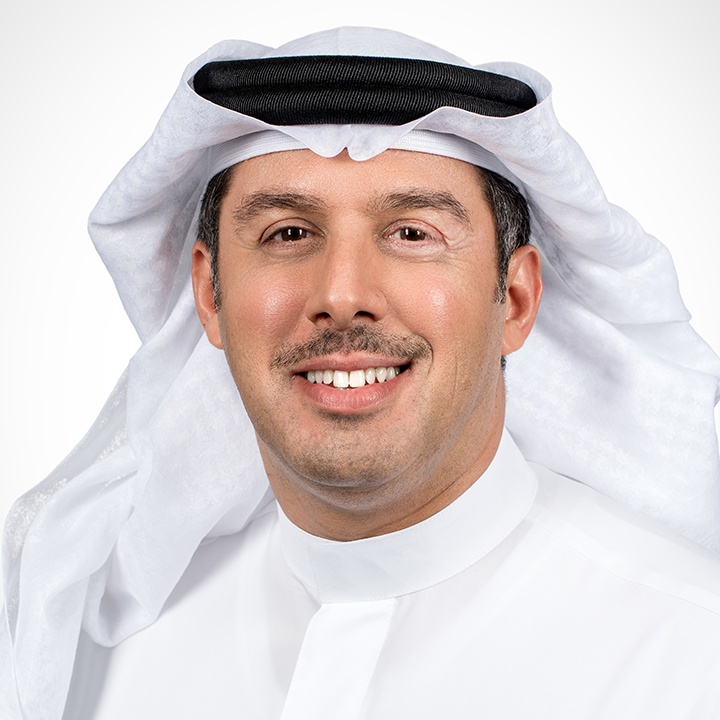Our second annual Fintastic Bahrain Week has come to a close, and what a week it was. Around 1000 delegates heard from over 30 speakers and we succeeded in showcasing Bahrain as a regional hub for FinTech. However, although the short-term success of the week’s events is clearly important, it is the long-term success of the FinTech sector in the Middle East that is far more significant. Here are a few insights we can draw after an action-packed week.
Collaboration is key
As such, the first overall conclusion from Fintastic Bahrain Week was that fostering a FinTech ecosystem must address a huge variety of issues, from education to funding; and regulation to competition. There is not one single action we can take to turbocharge growth. Our approach must be collaborative and built on long term partnerships. Bahrain Fintech Bay is a great example here. Launched last year as the largest FinTech hub in the Middle East it is now establishing bases in Singapore, Silicon Valley and Detroit. A clear sign that the approach we are taking in Bahrain is the right one.
New technologies could give the Gulf the edge
A second key conclusion was that the Middle East cannot afford to miss out on the fourth industrial revolution, having arguably been behind the curve in the past. But, there are credible signs of tangible change here. Take one of the most talked-about properties in the world of tech at the moment; cryptocurrency. On the one hand, its reputation has taken a hit due to the fall in the price of bitcoin, and it’s clear that regulating such a complex technology will not be straightforward. But, on the other hand it has the potential to increase accessibility, trust and security in financial services like no other development in recent years. This is why the graduation of the Bahrain-based Rain from our Central Bank’s Regulatory Sandbox, news that was announced during Fintastic Bahrain Week, is potentially so significant. As a sharia-compliant cryptocurrency exchange, it will allow sophisticated investors the ability to buy, sell and store cryptocurrency in a Shari’a compliant way.
Investment strategy needs to evolve
Cryptocurrency is also a good example of the third key conclusion from Fintastic Bahrain Week. The Middle East needs to re-examine the traditional way it has approached investment, productivity and subsidies, encouraging a greater focus on the disruptive technologies of tomorrow. Open-banking reforms demonstrate that Bahrain is putting the consumer at the heart of its reforms, as it integrates traditional banking into the FinTech ecosystem and lays the foundation for future innovation and more inclusive and accessible banking. Or take responsible finance as another example – a big discussion point during Fintastic Bahrain Week. It may not sound revolutionary, but investment that reflects social and cultural needs can have as big an impact as any disruptive technology.
Putting the customer first
Indeed, it cannot just be big-ticket technologies that drive change. We must also reform our ways of working; how our businesses are able to compete; and give entrepreneurs the confidence to be bold and innovate. These are all cultural factors and are not just relevant to Bahrain, but the whole region. Enabling and encouraging female entrepreneurs to make their mark is now a focus for the region as it is for the world, and Bahrain has a strong track record of encouraging more women to get in to technology, grounded in a strong heritage of women in leadership roles in financial services. Putting the customer first means providing the same product or service to everyone and having women leading FinTech companies makes it easier to add value for customers regardless of their gender, culture or age. This was what the panel titled ‘Women driving innovation in finance’ focused on – making financial environments female-friendly and how we make it easier for women to drive innovation.
Looking outwards
As the truly global make-up of Fintastic Bahrain Week attendees demonstrated, the best way to change business culture is to learn from others, not only regional peers, but competitors from around the world. In Bahrain, we have been very deliberate in our efforts to collaborate with the very best. Whether that is with multinationals such as Amazon Web Services, HSBC, Microsoft, BNP Paribas, and Citibank, or participating in initiatives like the Global Financial Innovation Network, a 16 strong group of regulators from around the world, Bahrain is acting both as the ideal testbed for companies seeking to expand in the Middle East; and a global hub for the actual design of new FinTech products and services, built on international best practice and standards.
FinTech can help the Gulf reach its potential
Finally, it was readily agreed by all attendees that FinTech can help the Middle East realise its true potential, diversifying away from hydrocarbons to an agile, efficient and inclusive economy founded upon disruptive technologies. Nowhere is this more evident than in Bahrain. The region’s oldest financial services hub, we have embraced FinTech to its fullest extent; encouraging competition; building supporting infrastructure; and easing access to funding. As Fintastic Bahrain Week demonstrated, there is a real, and a growing, appetite to become more involved in the Bahraini FinTech community, which can only be expected to go from strength to strength.




